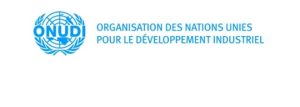ORGANIC PRICKLY PEARS
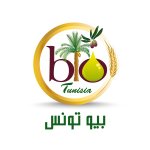
At the beginning of the PAMPAT 1 project, the organic prickly pear processing sector in Tunisia counted only five companies.
In order to develop this value chain, UNIDO in collaboration with the Ministry of Agriculture initiated a training program for young entrepreneurs to support them in setting up their businesses and to obtain the organic certification. Over the last three years, the number of operators has increased by 6.
34 companies as well as 14 young people with new investment ideas are currently supported by the PAMPAT project. In the governorate of Kasserine, the national production center for prickly pears,
the development has been particularly striking. In 2014 only one company was processing prickly pears; today, the number has reached 14.
Since PAMPAT project start investments in this sector have amounted to 15 million Tunisian dinars; and about 1,000 permanent and seasonal jobs have been created, mainly for women.
Furthermore, several start-ups have received national awards, such as the "Woman Entrepreneur of the Year" price. The sector has also experienced a great diversification of the product range.
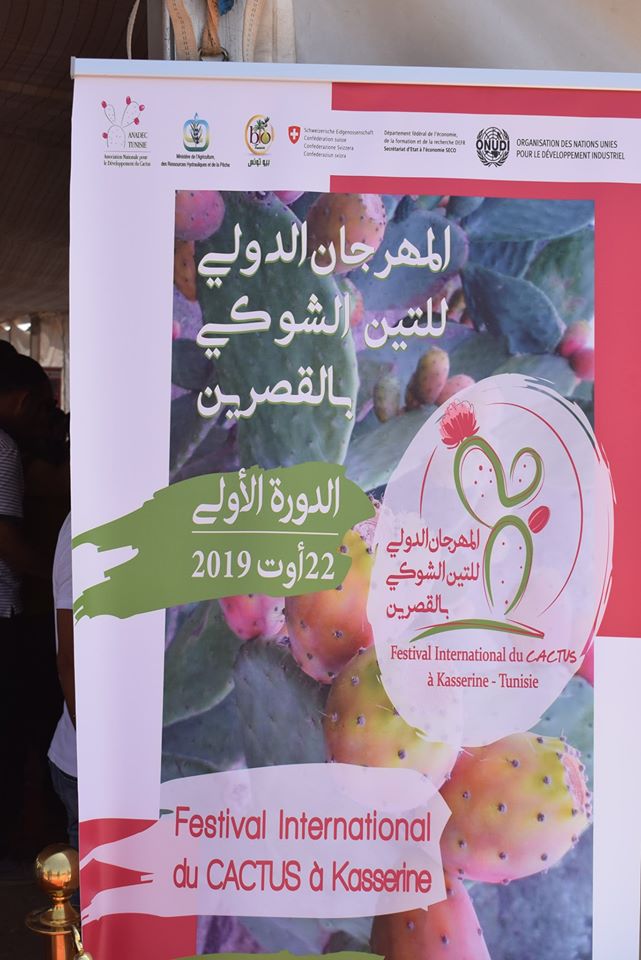
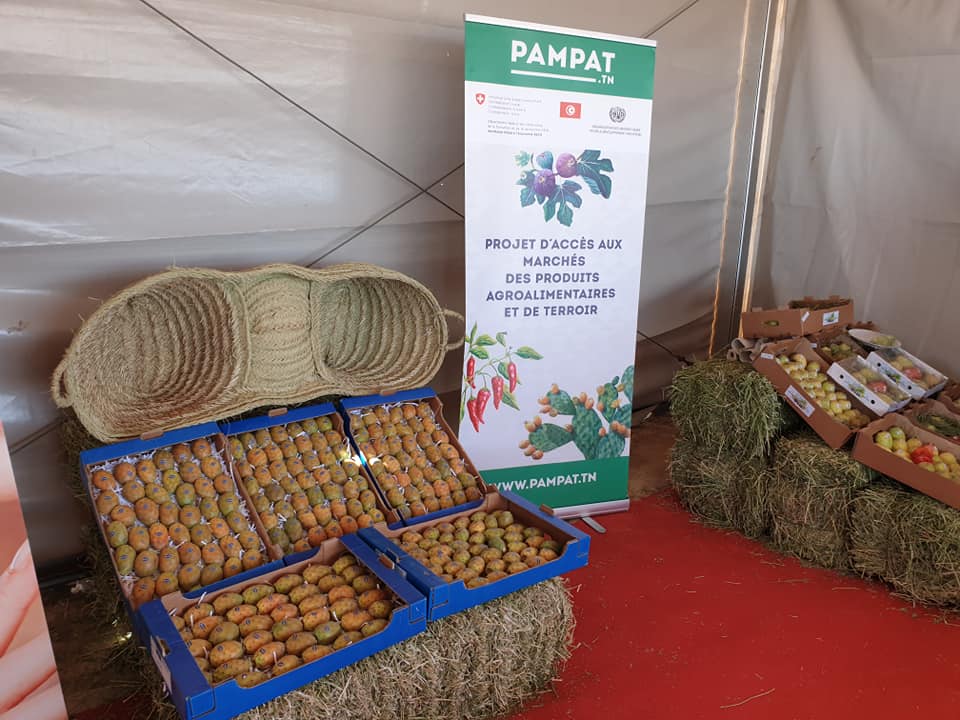
At the very beginning, the value chain focused almost exclusively on organic prickly pear seed oil, a demanded anti-aging cosmetic product.
Today, companies also offer gels, creams, soaps, shampoos, deodorants and many other products with more added value. Moreover, enterprises have also developed a wide range of agrofood products, including food supplements, vinegar, jam, syrup, juice, honey, coffee or enriched couscous.
In order to support companies’ market access, the Ministry of Agriculture with the support of the PAMPAT 1 project has launched in 2017, the promotional program "Organic Cactus Seed Oil - Origin Tunisia" which aims at positioning organic prickly pear seed oil on niche markets.
This national program is the only institutional promotion initiative in the Tunisian cosmetics sector. Organic cactus seed oil companies have participated together in collective stands at trade fairs in Germany, France and the United Arab Emirates and at different events and shows in Tunisia. A successful media campaign has also been run.
Today, prickly pear products occupy the 5th place in the ranking of Tunisian organic exports.
To further structure this growing sector, companies have been supported by PAMPAT to establish in 2018 the National Association for Cactus Development (ANADEC), which groups the majority of Tunisian enterprises.
ANADEC is in charge of the promotion of the entire sector and organizes collective company stands at different events and tradefairs. In 2019, ANADEC organized, for the first time, the annual prickly pear festival in Kasserine.
Entrepreneurship development in the cosmetics and agro-food sector has also had a positive impact on the demand for certified organic agricultural produce.
The cactus fields of more than 600 farmers have certified with the support of the PAMPAT project; organic prickly pears are 50% more expensive than the conventional fruits.
Thanks to the increase in industrial demand, farmers can now sell out-graded fruits that could not be sold on consumer fresh markets.
This dynamic sector will continue to be supported under PAMPAT 2.
More documents and videos related to this field are available here.
![]() Video about Tunisian Prickly Pear Seed Oil
Video about Tunisian Prickly Pear Seed Oil
![]() Website of the Tunisian Association for the Development of Cactus
Website of the Tunisian Association for the Development of Cactus
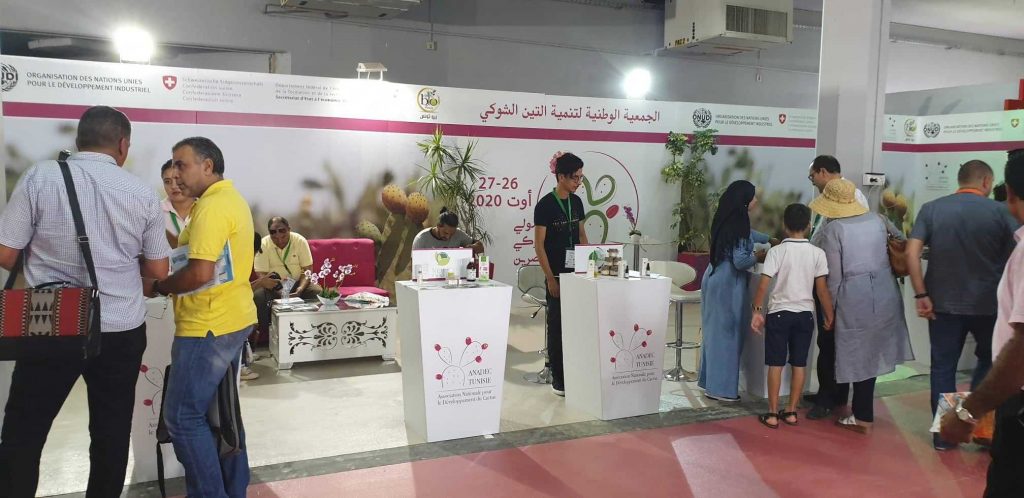
Project for Market Access of Typical Agrofood Products (PAMPAT Tunisia) funded by the State Secretariat for Economic Affairs of the Swiss Confederation (SECO) and implemented by the United Nations Industrial Development Organization (UNIDO) in close cooperation with the Ministry of Economy, Finances and Investment Support, the Ministry of Industry, Energy and Mining and the Ministry of Agriculture, Hydraulic Ressources and Fisheries.

